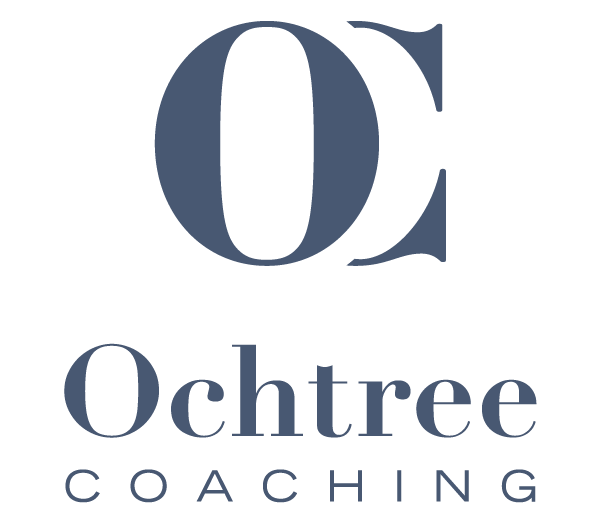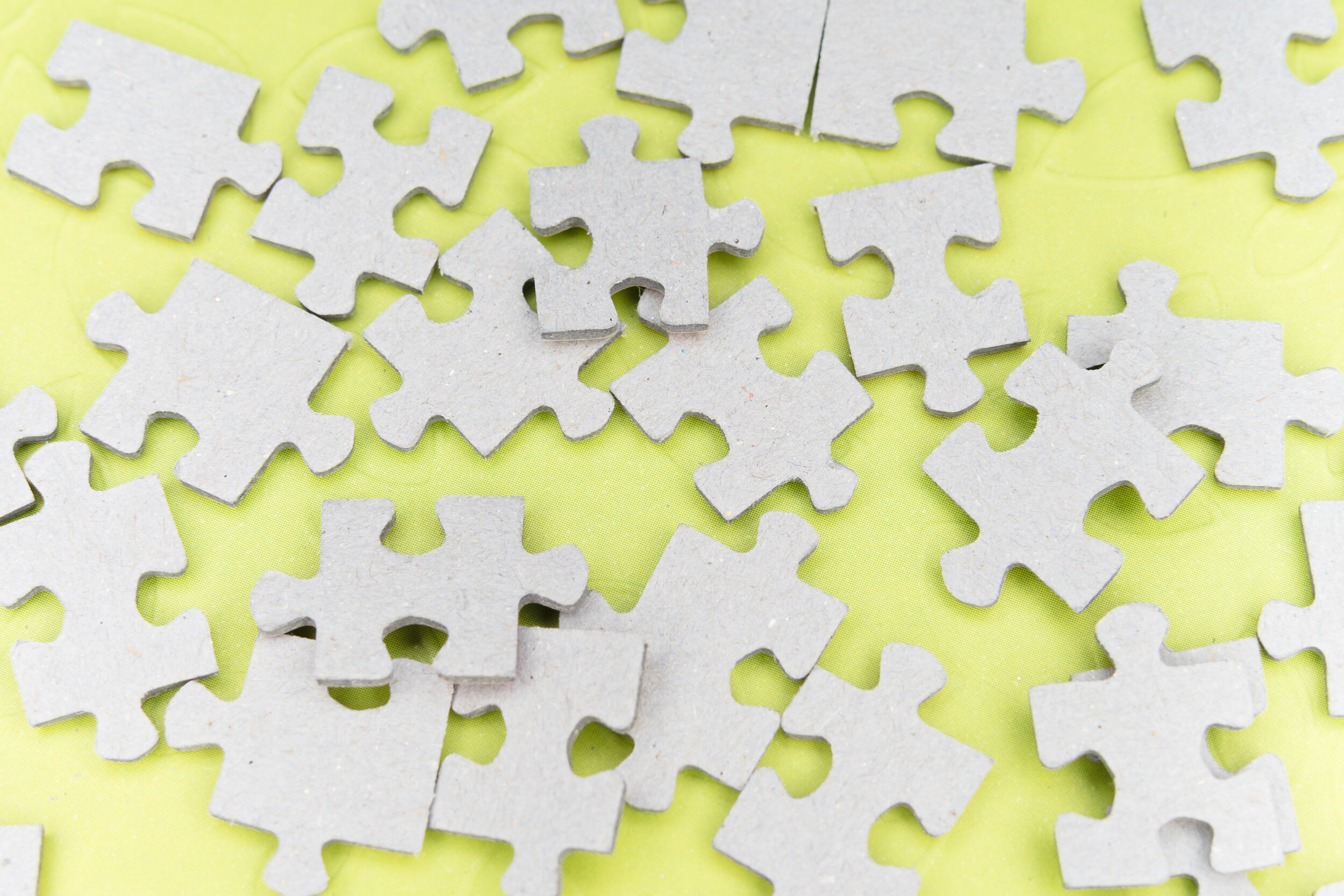What’s Your EQ?

How Emotional Intelligence may be the best indicator of success and can improve our relationships, work and physical well-being.
In 1990, researchers John D. Mayer and Peter Salovey coined the term Emotional Intelligence, or EQ. As opposed to IQ, Emotional Intelligence speaks to our ability to be socially intelligent.
Although there are many thought leaders and definitions of Emotional Intelligence, Daniel Goleman, a science writer for The New York Times and an American psychologist, popularized this concept in his 1995 book, “Emotional Intelligence: Why It Can Matter More Than IQ.”
Goleman makes the case that being able to manage ourselves and our relationships effectively through awareness of, and effective response to, our emotions matters more to our success than our IQ. Goleman also argues that we can learn to be more emotionally intelligent.
The domains of Emotional Intelligence* can be described as:
Self-Awareness – Can I accurately identify my own emotions and tendencies as they happen?
Self-Management – Can I manage my emotions and behavior to a postive outcome?
Social Awareness – Can I accurately identify your emotions and tendencies as I interact with you or a group?
Relationship Management – Can I manage the interaction I have with others constructively and to a positive outcome?
Within each domain human emotions surface.
Anger is a powerful emotion that we all feel at one time or another. If we’re not skillful dealing with anger, we may find ourselves on the horns of a dilemma: Do we display our anger and risk alienating ourselves and others, or do we keep anger bottled up and risk a blowup when the internal pressure becomes too much?
Patrick Reed, the 2018 Masters Golf Champion, found himself in the midst of anger during the 18th hole at the 2019 U.S. Open. As described by Patrick McCarry of SportsJOE: “Reed found the rough off the tee and his second shot still left him over 100 yards short of the green. His third shot caught the rough again and his fourth – for par – was a flubbed flop.”
In a moment of controlled rage, Reed snapped his wedge over his bent knee on national TV.
As if nothing had happened, his caddy seamlessly handed Reed another wedge so that he could get back to the task of finishing the 18th hole in no more than two shots over par.
Some may argue that Reed’s lack of self-management did not show a high degree of EQ. Breaking his most lofted wedge was behavior unbecoming of a professional athlete. Plus, it put him in danger of not making the cut and going home on Friday.
Others may argue that although anger got the best of Reed, he did not injure himself, others or the golf course; and, after he exploded, he was able to compose himself enough to finish within the cutline and compete over the weekend. Thus, there was a positive outcome.
Patrick Reed’s display of anger offered us a case study of Emotional Intelligence. It’s not what happens to us that matters, it’s our response that is most important. Becoming more skillful in all domains of EQ can only help us to improve our relationships, our work and even our physical well-being.
* “Primal Leadership: Unleashing the Power of Emotional Intelligence,” Goleman, Boyatzis and McKee






